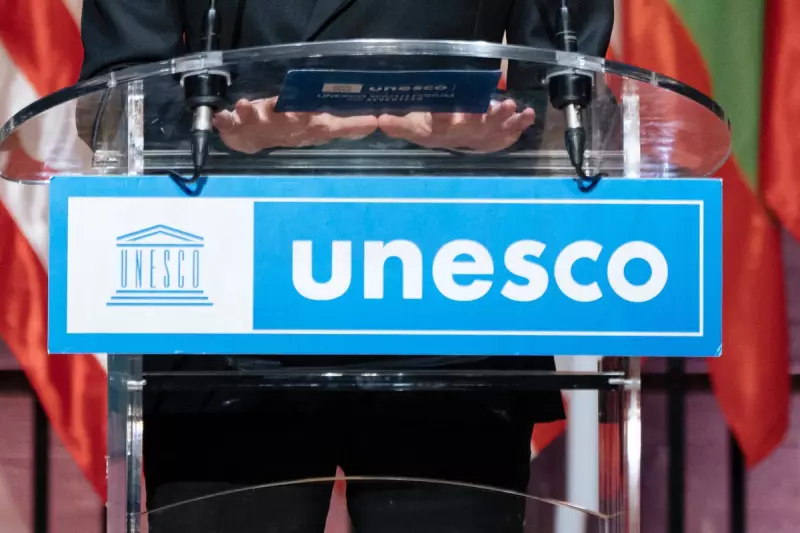
In a significant reversal of Trump-era foreign policy, the United States has officially rejoined UNESCO, the United Nations Educational, Scientific and Cultural Organization, after a five-year absence. The move signals a major shift in American diplomatic engagement with international institutions.
A Welcome Return to Global Cultural Stage
The US delegation received warm applause as it took its place at UNESCO's Paris headquarters on Monday. The return marks the culmination of months of diplomatic efforts to restore America's presence in the influential global body.
This reinstatement represents more than just symbolic diplomacy - the US has committed to paying over $600 million in back dues and future contributions, providing a substantial financial boost to the organization's cultural preservation and educational programs worldwide.
Addressing Key Concerns
American officials emphasized that several longstanding concerns that prompted the original withdrawal have been addressed. The Biden administration cited "significant reforms" within UNESCO and reduced tensions regarding Middle Eastern issues as key factors enabling the return.
The US departure in 2017, followed by Israel's exit in 2018, had created a significant funding gap and political vacuum within the organization. Both nations had cited perceived anti-Israel bias as their primary reason for withdrawal.
Strategic Importance of Renewed Engagement
Diplomatic analysts view the return as strategically crucial for American interests in several key areas:
- Global influence in education and science policy
- Countering Chinese technological dominance in international standard-setting
- Protection of World Heritage sites with American significance
- Shaping global artificial intelligence ethics frameworks
The timing coincides with UNESCO's ongoing work establishing the first global guidelines for AI ethics, an area where American technological leadership could prove decisive.
International Reaction
World leaders and diplomatic corps have largely welcomed the American return. French President Emmanuel Macron described the move as "essential for multilateral cooperation" while several Arab nations expressed cautious optimism about balanced Middle East representation moving forward.
The US plans to immediately resume participation in UNESCO's executive board and contribute to ongoing initiatives protecting cultural heritage in conflict zones and promoting educational access in developing nations.





